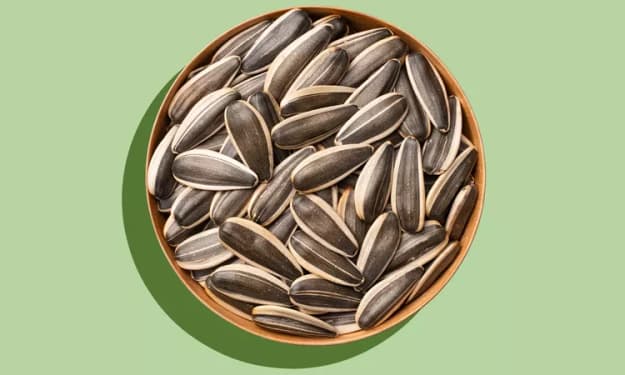
Leafy vegetables are an essential source of nutrients for human well-being. These gifts of nature have been recognized for their single-colored appearance, even though they come in many colors. Despite advances in civilization, the discovery of poisonous gases and materials, natural foliage remains an abundant and vital resource.
Leafy plants are a crucial ingredient in many plant-based foods, and consuming them with every meal is highly recommended for good health. The belief that eating leafy vegetables at night is dangerous is a myth, as researchers have found no evidence to support it. However, it is not advisable to eat and immediately go to sleep.
Incorporating vegetables into all three meals of the day can protect people from various diseases, including intestinal diseases, heart disease, and diabetes. Leafy vegetables, in particular, are known to have protective properties that help prevent these illnesses and promote overall well-being.
In the early days of human development, people relied on leafy vegetables for sustenance and lived long, healthy lives. However, obtaining natural foliage today is neither easy nor inexpensive. When selecting leafy vegetables, it is best to choose non-sprayed varieties, such as Agathist, Candy Drumstick, Valeria Thanasi Drumstick Banana Packed Curry leaves, and other unsprayed options.
This article aims to cultivate an interest in leafy vegetables and promote a healthy lifestyle by embracing the gifts of Mother Nature.
By consuming a variety of leafy vegetables, individuals can benefit from a range of nutrients, such as vitamins, minerals, and antioxidants. Some examples of leafy greens include spinach, kale, collard greens, and arugula, all of which are highly nutritious and easy to incorporate into meals.
In addition to their health benefits, consuming leafy vegetables can also be environmentally sustainable, as they require less water and fewer resources than animal-based foods. By making a conscious effort to include more leafy greens in their diets, individuals can not only improve their health but also reduce their carbon footprint.
Overall, incorporating leafy vegetables into one's daily diet can have numerous health benefits and is an excellent way to embrace the gifts of nature. Whether consumed raw or cooked, in salads, soups, or stir-fries, leafy greens are a versatile and nutritious addition to any meal. So next time you're at the grocery store or farmer's market, be sure to pick up some fresh leafy greens and reap the many benefits they have to offer.
Moreover, consuming leafy vegetables is not only good for physical health but can also have a positive impact on mental well-being. Leafy greens are a rich source of folate, which plays a crucial role in the production of serotonin, a neurotransmitter that regulates mood and helps to prevent depression.
Incorporating leafy greens into one's diet doesn't have to be complicated or expensive. There are numerous ways to prepare and enjoy them, from adding a handful of spinach to a smoothie to sautéing some kale with garlic and olive oil. With so many delicious options to choose from, there's no excuse not to include more leafy vegetables in your diet.
However, it's essential to be mindful of where your leafy greens come from and how they were grown. Choosing organic, locally grown produce can reduce exposure to harmful pesticides and support sustainable farming practices.
In conclusion, leafy vegetables are a vital source of nutrients that can improve physical and mental health. By incorporating more leafy greens into your diet, you can enjoy a range of health benefits while supporting sustainable and environmentally friendly food production. So, start adding some leafy greens to your plate today and enjoy the many health benefits they have to offer!
It's also worth noting that some people may have difficulty incorporating leafy greens into their diet due to personal taste preferences or other dietary restrictions. In such cases, there are various supplements available that can provide the same nutrients found in leafy greens.
However, it's always best to obtain nutrients from whole, natural sources whenever possible, as these are often more bioavailable and contain additional beneficial compounds that supplements may not provide. It's also essential to speak with a healthcare provider before starting any new dietary supplement regimen.
In addition to incorporating more leafy greens into your diet, it's important to maintain a balanced and varied diet that includes a range of fruits, vegetables, whole grains, lean proteins, and healthy fats. By making healthy food choices and adopting a balanced and sustainable lifestyle, you can enjoy optimal physical and mental health and lead a happy and fulfilling life.
Finally, remember that consuming leafy greens is just one small step towards achieving good health. Regular exercise, stress management, and adequate sleep are all essential components of a healthy lifestyle. By prioritizing self-care and making healthy choices, you can achieve optimal health and well-being and live your best life.






Comments
There are no comments for this story
Be the first to respond and start the conversation.